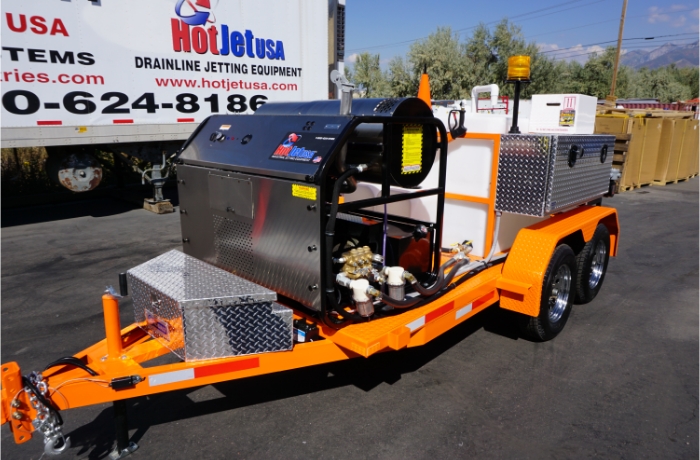
Plumbing disasters can be a homeowner's worst nightmare. From clogged drains to burst pipes, these issues can be not only inconvenient but also costly to repair. However, with some preventative maintenance and tips from drain cleaning experts, you can avoid these disasters and keep your plumbing system running smoothly. In this article, we will provide you with valuable insights on how to prevent plumbing disasters and maintain a healthy plumbing system.
Regular Maintenance
1. Schedule Routine Inspections
- Regularly inspect your plumbing system for any signs of leaks, corrosion, or damage.
- Hire a professional plumber to conduct a thorough inspection at least once a year.
- Address any minor issues before they escalate into major problems. To find the best drain cleaning services, you may contact Cyclone Plumbing.
2. Clean Your Drains Regularly
- Prevent clogs by cleaning your drains regularly using natural solutions like baking soda and vinegar.
- Avoid using harsh chemical drain cleaners, as they can damage your pipes over time.
- Consider scheduling professional drain cleaning services to remove buildup and prevent clogs.
Preventative Measures
1. Install Drain Screens
- Prevent hair, soap scum, and other debris from clogging your drains by installing drain screens in sinks, tubs, and showers.
- Clean the drain screens regularly to remove any buildup and maintain proper drainage.
2. Use Mesh Laundry Bags
- Wash delicate clothing items in mesh laundry bags to prevent lint and fibers from clogging your washing machine's drain.
- Empty the lint trap in your dryer after each use to reduce the amount of lint entering your plumbing system.
Best Practices
1. Avoid Flushing Non-Flushable Items
- Avoid flushing non-flushable items like baby wipes, paper towels, and feminine hygiene products down the toilet.
- These items can cause clogs and damage your plumbing system, leading to costly repairs.
2. Be Mindful of What Goes Down the Drain
- Avoid pouring grease, oil, coffee grounds, and food scraps down the kitchen sink.
- Dispose of these items properly in the trash to prevent clogs and keep your drains clear.
Emergency Preparedness
1. Know Where Your Main Water Shut-Off Valve Is
- Locate your main water shut-off valve and ensure that it is easily accessible in case of a plumbing emergency.
- Shut off the water supply immediately if you experience a burst pipe or major leak to prevent water damage to your home.
2. Have a Plumber's Contact Information Handy
- Keep the contact information of a trusted plumber on hand for emergencies.
- Research and find a reliable plumber before a plumbing disaster occurs to avoid making hasty decisions under pressure.
Conclusion
By following these tips from drain cleaning experts and incorporating preventative measures into your plumbing maintenance routine, you can significantly reduce the risk of plumbing disasters in your home. Remember that regular maintenance, preventative measures, and emergency preparedness are key to maintaining a healthy plumbing system and avoiding costly repairs. If you have any concerns about your plumbing system, do not hesitate to contact a professional plumber for assistance.
